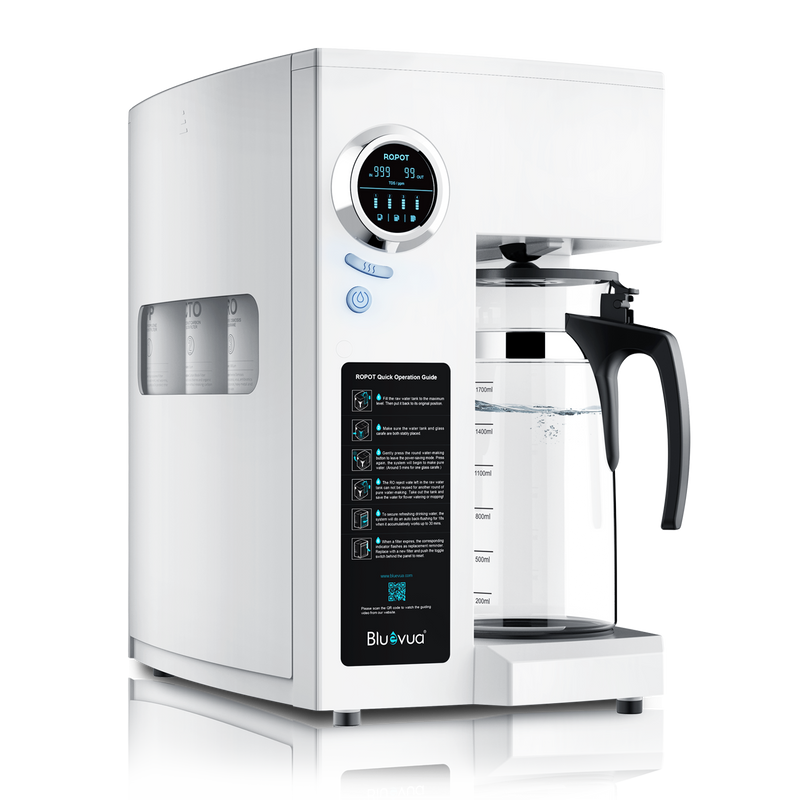In today's world, ensuring access to clean and safe drinking water is paramount. One of the most effective methods for achieving this is through reverse osmosis water filter systems. These systems not only enhance the quality of your water but also provide peace of mind regarding contaminants. This guide will help you understand the intricacies of reverse osmosis systems and how to select the right one for your home.

What Are Reverse Osmosis Water Filter Systems?
Reverse osmosis water filter systems utilize a semi-permeable membrane to remove impurities from water. This process involves applying pressure to force water through the membrane, effectively filtering out contaminants such as lead, chlorine, and other harmful substances. But how do these systems work, and what makes them so effective?
- Filtration Process: Water is pushed through multiple stages of filtration, including pre-filters, the reverse osmosis membrane, and post-filters.
- Contaminant Removal: The membrane can remove up to 99% of total dissolved solids (TDS), ensuring high-quality drinking water.
- Storage Tank: Filtered water is stored in a tank, ready for use whenever needed.
Benefits of Using Reverse Osmosis Water Filter Systems
Investing in a reverse osmosis water filter system offers numerous advantages:
- Improved Taste: The removal of chlorine and other chemicals enhances the taste of your drinking water.
- Health Benefits: By eliminating harmful contaminants, these systems contribute to better overall health.
- Cost-Effective: Although the initial investment may be higher, the long-term savings on bottled water can be significant.
How to Choose the Right Reverse Osmosis Water Filter System
When selecting a reverse osmosis water filter system, consider the following factors:
- Water Quality: Test your water to determine the specific contaminants present. This will help you choose a system that effectively addresses your needs.
- System Capacity: Assess your household's water consumption to select a system with an appropriate capacity.
- Maintenance Requirements: Understand the maintenance involved, including filter replacement frequency and costs.
- Certification: Look for systems certified by organizations like NSF International, which ensures they meet safety and performance standards.
Conclusion: Making the Right Choice
Choosing the right reverse osmosis water filter system for your home is a crucial decision that can significantly impact your health and well-being. By understanding the benefits, features, and selection criteria, you can make an informed choice that meets your family's needs. Remember, investing in clean water is investing in a healthier future.








